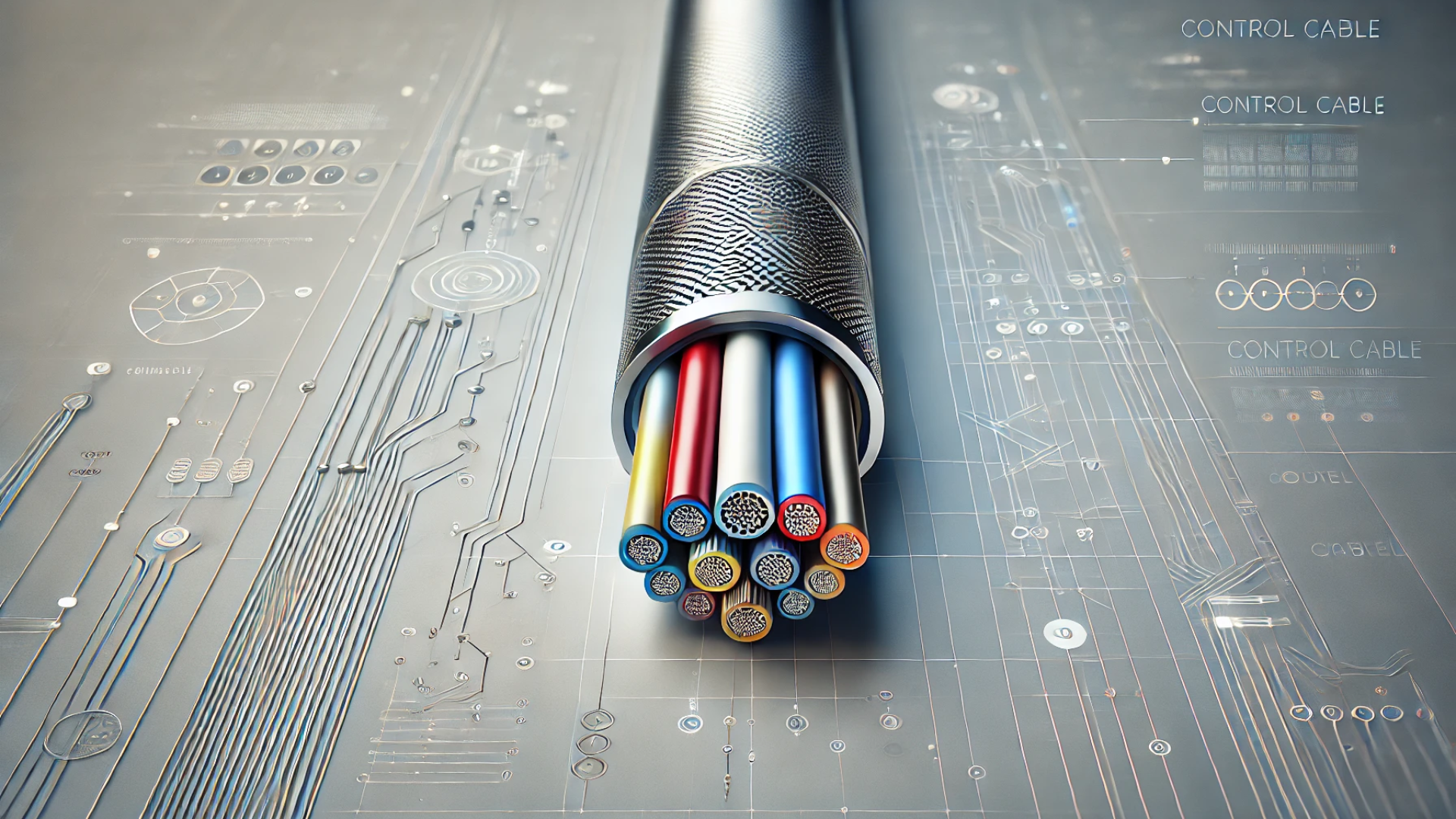
When it comes to wiring and cabling solutions, understanding the difference between power cables and control cables is crucial. Though both types are used in electrical systems in various capacities, their uses, construction, and operations are unique. In this section we identify and discuss the fundamental differences between these two basic cables.
What Are Power Cables?
Power cable is mainly used in transfer of electrical power from one area to another. It is common for residential, commercial, and industrial purposes, to convey power from electrical sources to devices, tools, and gadgets.
Key Features of Power Cables:
- High Voltage Capacity: These cables can convey high voltage thus makes it suitable for use in power distribution networks.
- Robust Insulation: They are well insulated to avoid the risk of electric shocks as well as to endure tests of heat, water, and pressure.
- Applications: Power cables are used in transformers, power grids, electrical panels, and heavy machinery.
What Are Control Cables?
Control cables, on the other hand, are designed for signalling and controlling purposes. These cables transmit low-voltage signals that regulate or monitor the operation of devices and systems.
Key Features of Control Cables:
- Low Voltage Rating: Control cables operate at lower voltages compared to power cables.
- Flexible Design: They are more flexible to accommodate frequent bending and movement.
- Applications: Commonly used in automation systems, conveyor belts, control circuits, and instrumentation panels.
|
Why Is Choosing the Right Cable Important?
The choice between power cables and control cables can significantly affect the performance and safety of your electrical system. Using the wrong type could lead to operational inefficiencies, increased wear and tear, and potential safety risks.
Factors to Consider When Selecting Cables:
-
Voltage Requirements:
Power cables are essential for high-voltage needs, while control cables are perfect for low-voltage signal transmissions.
-
Environmental Conditions:
In industrial or outdoor settings, power cables must withstand extreme temperatures, moisture, or physical stress. Control cables often need flexibility for dynamic environments.
-
Application Specifications:
Identify whether the system demands energy transmission or control signal conveyance. This clarity will guide you to the right choice.
Understanding these factors can help prevent issues like equipment failure, electrical hazards, or unnecessary costs due to improper cable usage.
Conclusion
Power cables and control cables serve distinct roles in electrical systems, each tailored for specific applications. Understanding their differences and functionalities helps in selecting the right cable for the job, ensuring system efficiency and safety.
For top-quality electrical solutions, Al Arz Electrical offers a wide range of premium power and control cables designed to meet diverse industry needs. Choose Al Arz Electrical for reliable and durable cabling solutions!




No comment yet, add your voice below!